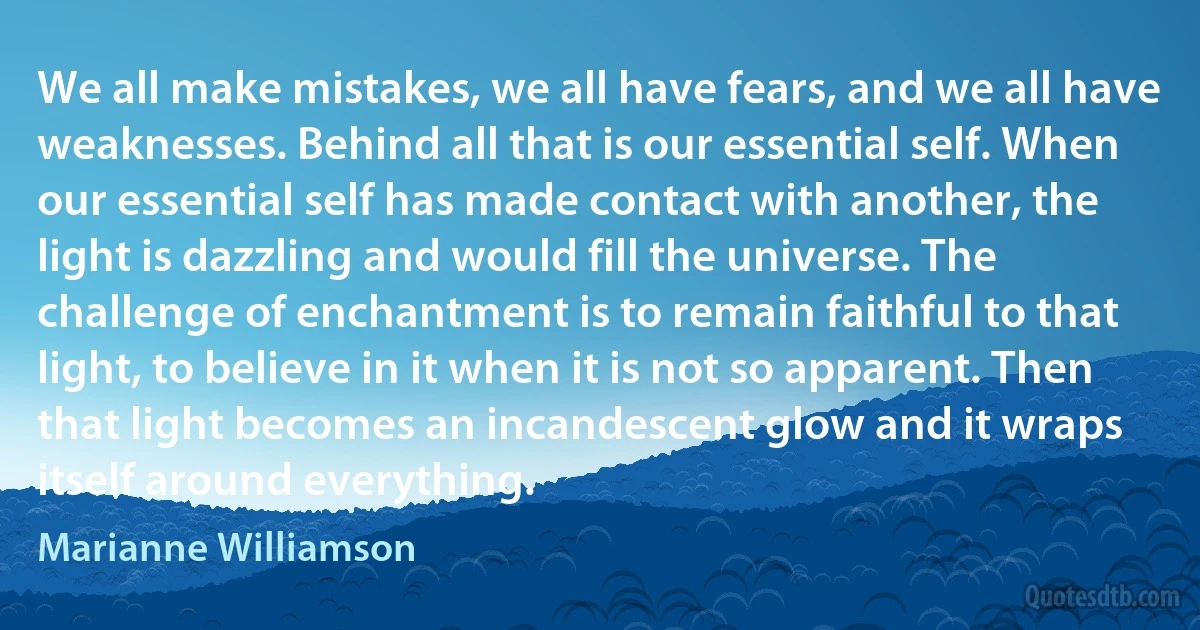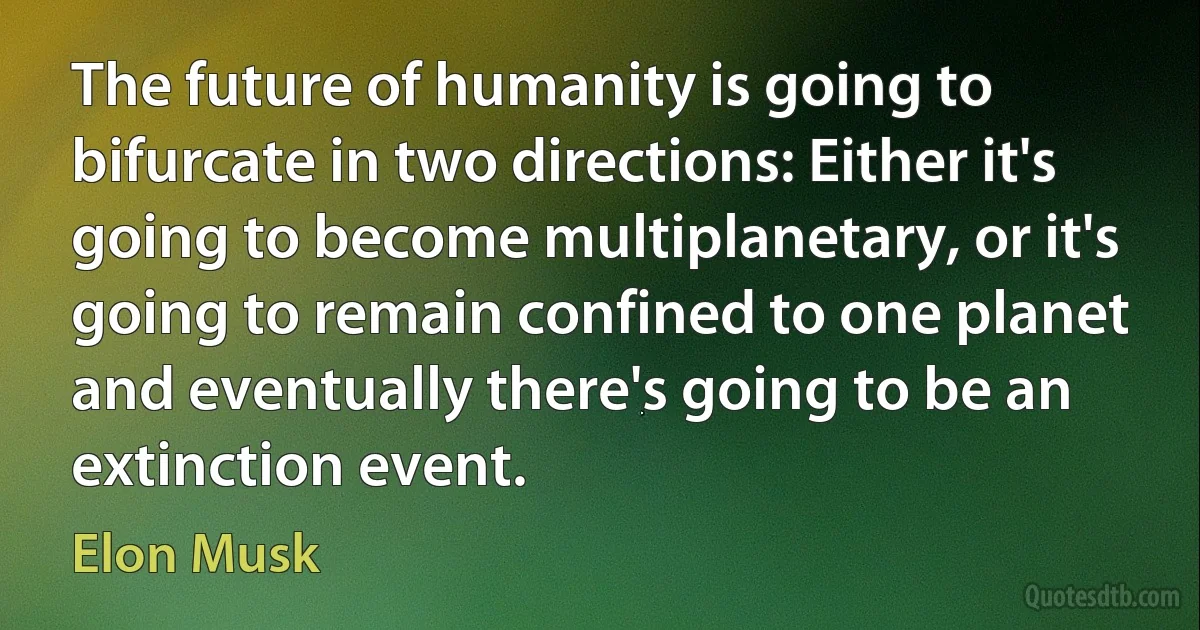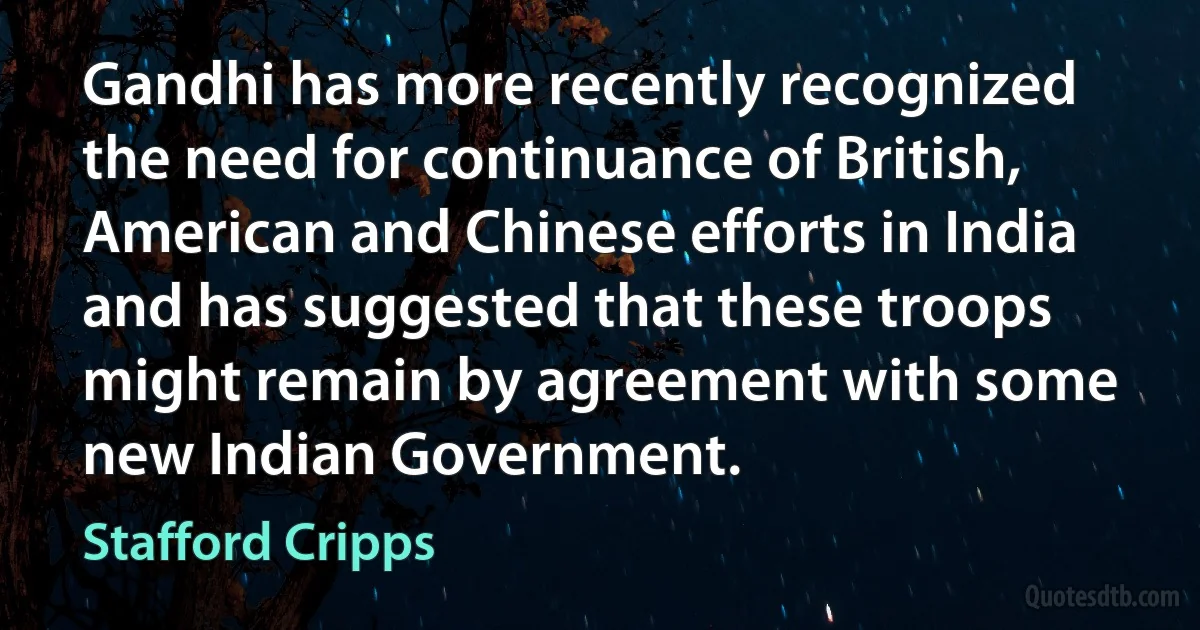Remain Quotes - page 77
For this is the last best gift that the kindly demi-god is careful to bestow on those to whom he has revealed himself in their helping: the gift of forgetfulness. Lest the awful remembrance should remain and grow, and overshadow mirth and pleasure, and the great haunting memory should spoil all the after-lives of little animals helped out of difficulties, in order that they should be happy and lighthearted as before.

Kenneth Grahame
Translated: We are no one's, always at a boundary, always someone's dowry. Is it a wonder then that we are poor? For centuries now we have been seeking our true selves, yet soon we will not know who we are, we will forget that we ever wanted anything; others do us the honour of calling us under their banner for we have none, they lure us when we are needed and discard us when we have outserved the purpose they gave us. We remain the saddest little district of the world, the most miserable people of the world, losing our own persona and nor being able to take on anyone else's, torn away and not accepted, alien to all and everyone, including those with whom we are most closely related, but who will not recognise us as their kin. We live on a divide between worlds, at the border between nations, always at a fault to someone and first to be struck. Waves of history strike us as a sea cliff. Crude force has worn us out and we made a virtue out of a necessity: we grew smart out of spite.

Meša Selimović
No one can be a true mystic who is not thoroughly versed in the ways of nature. The more nature is attracted by spiritual favors, the more it is inclined to make itself the master of them. Nature always mingles its own spirit with the spirit of God. unless we keep a close watch over it, it will always remain so. Natures most subtle snare is to lead us to confuse what is licit with what is expedient. When we doubt the inspiration of an impulse, whether from grace or nature, we should picture a similar object which is without doubt acceptable to nature. If this representation pleases us, it is a sign that the first inclination also comes from nature and is consequently to be rejected.

John of St. Samson
Back then (in 1985) the issue of the day was nuclear testing, now we are faced with problems such as climate change, overfishing, deforestation, shipments of radioactive materials through Pacific waters and nuclear proliferation. We need to remain vigilant so that we won't become victims again.

Joni Madraiwiwi
We are forced to distinguish between three kinds of speech: (1) The external, "rhetorical speech,” in the common meaning of this expression, which only refers to images because they affect the passions. Since these images do not stem from insight, however, they remain an object of opinion. This is the case of the purely emotive, false speech: "rhetoric” in the usual negative sense. (2) The speech which arises exclusively from a rational proceeding. It is true that this is of a demonstrative character, but it cannot have a rhetorical effect because purely rational arguments do not attain to the passions, i.e., "theoretical” speech in the usual sense. (3) The true rhetorical speech. This springs from the archai, nondeductible, moving, and indicative, due to its original images. The original speech is that of the wise man, of the sophos, who is not only epistetai, but who with insight leads, guides, and attracts.

Ernesto Grassi
A Jew brought up among Germans may assume German custom, German words. He may be wholly imbued with that German fluid but the nucleus of his spiritual structure will always remain Jewish, because his blood, his body, his physical-racial type are Jewish. ... It is impossible for a man to become assimilated with people whose blood is different from his own. In order to become assimilated, he must change his body, he must become one of them, in blood. ... There can be no assimilation as long as there is no mixed marriage. ... An increase in the number of mixed marriages is the only sure and infallible means for the destruction of nationality as such. ... A preservation of national integrity is impossible except by a preservation of racial purity, and for that purpose we are in need of a territory of our own where our people will constitute the overwhelming majority.

Ze'ev Jabotinsky
Powell described British membership of the European Economic Community (EEC) as "if there be a conflict between the call of country and that of party, the call of country must come first" and went on to say: Curiously, it so happens that the question 'Who governs Britain?' which at the moment is being frivolously posed, might be taken, in real earnest, as the title of what I have to say. This is the first and last election at which the British people will be given the opportunity to decide whether their country is to remain a democratic nation, governed by the will of its own electorate expressed in its own Parliament, or whether it will become one province in a new European superstate under institutions which know nothing of the political rights and liberties that we have so long taken for granted.

Enoch Powell
Day by day and almost minute by minute the past was brought up to date. In this way every prediction made by the Party could be shown by documentary evidence to have been correct; nor was any item of news, or any expression of opinion, which conflicted with the needs of the moment, ever allowed to remain on record. All history was a palimpsest, scraped clean and reinscribed exactly as often as was necessary.

George Orwell



